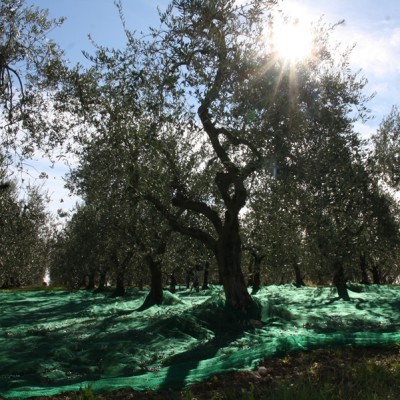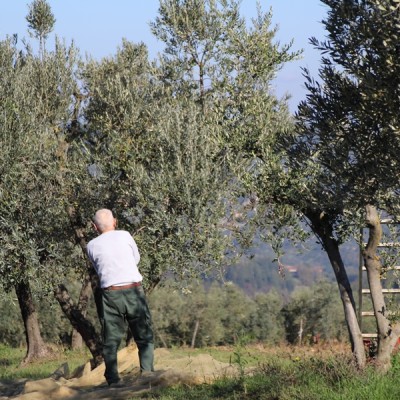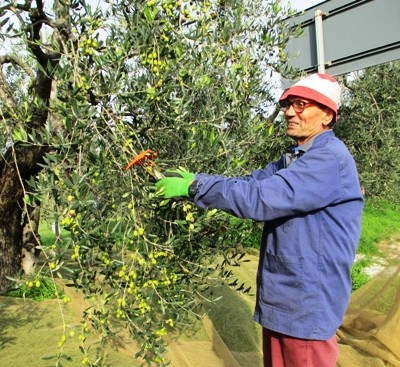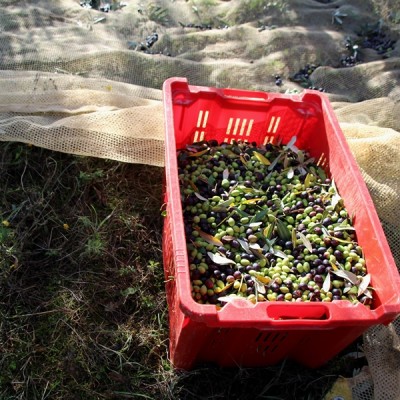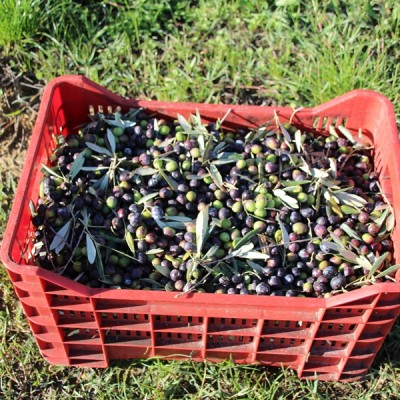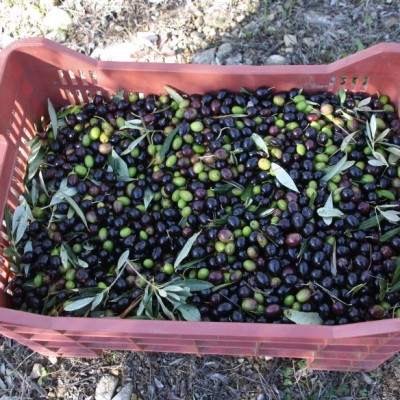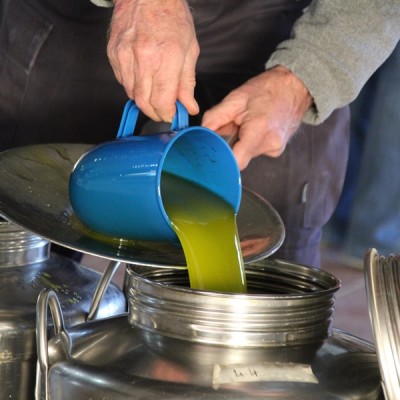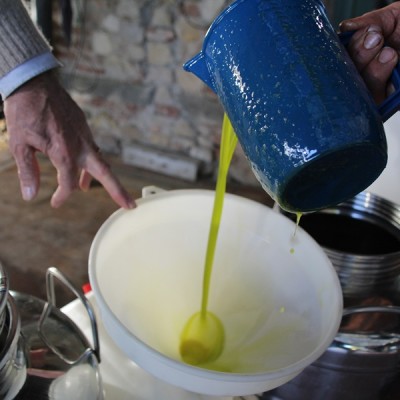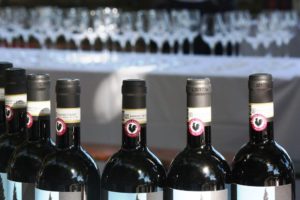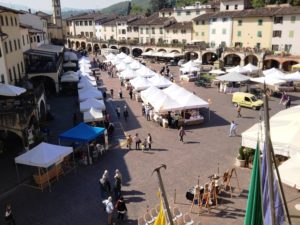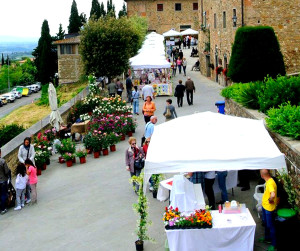Articolo disponibile anche in: Italian
The Tuscan region is continuing to strengthen its control of the production of extra Virgin Olive oil. It begins with the system of control and certification, run by the “servizio fitosanitario regionale” , which regulates Tuscan olive nurseries.
It is a system that involves the entire line of production (mother plants, Collection of the vegetable, getting the plants from each participating nursery), up to the moment before sales. The Tuscan region has been following this route for their olive varieties, offering a data bank of autochthonous olive germplasma with detailed note cards.
For this certification, the governing body has participated and sustained the national project, “Olviva”. The measures, which were quickly adopted by the region, gave them the possibility to officially declare the entire territory free of Xilella, with attesting certifications.
The five main regional varieties (Frantoio, Leccino, Moraiolo, Maurino and Pendolino) are guaranteed to be virus free, including all viruses connected to the Olive. Another eight are being added as virus free (Correggiolo, Grappolo, Leccio del corno, Olivastra seggianese, Rossellino cerretano, Piangente, San Francesco, Madremignola), characteristic of Tuscan DOP and IGP oils, and just as important for the production of quality extra Virgin olive oil.
Virus Esente is a guarantee of the healthiness of the plants, but more than anything of their origin and identity as well as an important element for those who follow the new PSR measures which require a priority rating (two points) in case the certified Tuscan varieties are used.
The olive and olive oil sector cover 92,000 hectares, 15 million plants, 50,000 producers, 400 olive presses as well as a numerous amount of packaging entities, and renders a median annual production of 170 to 180,000 quintals of oil, mostly from olive groves located on the hillside (3-4% of the total national production).
